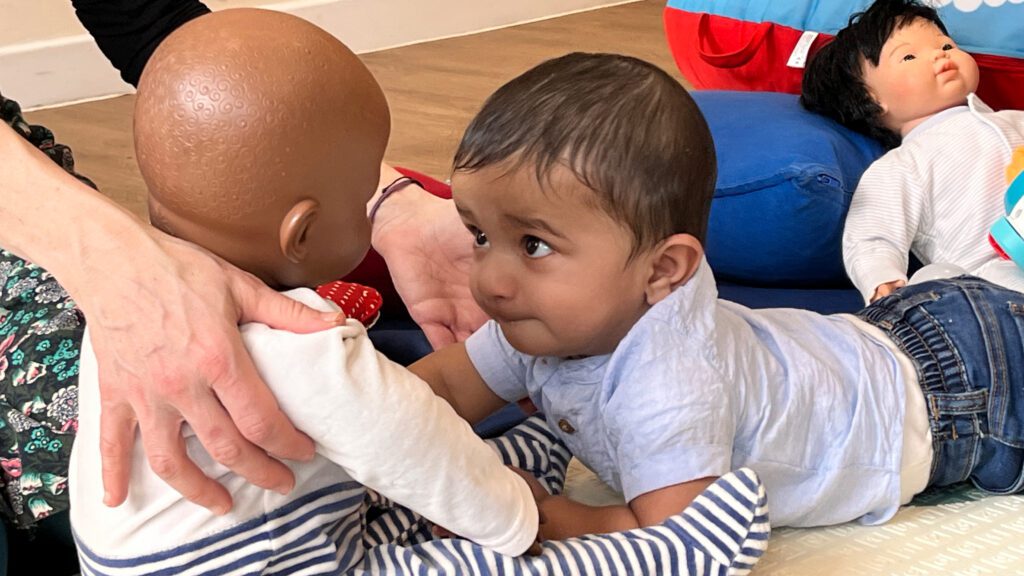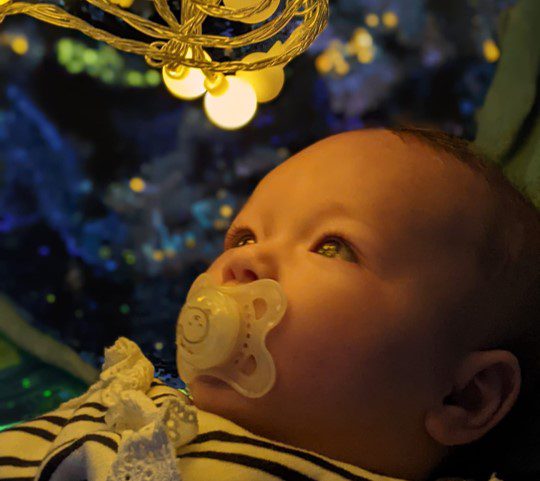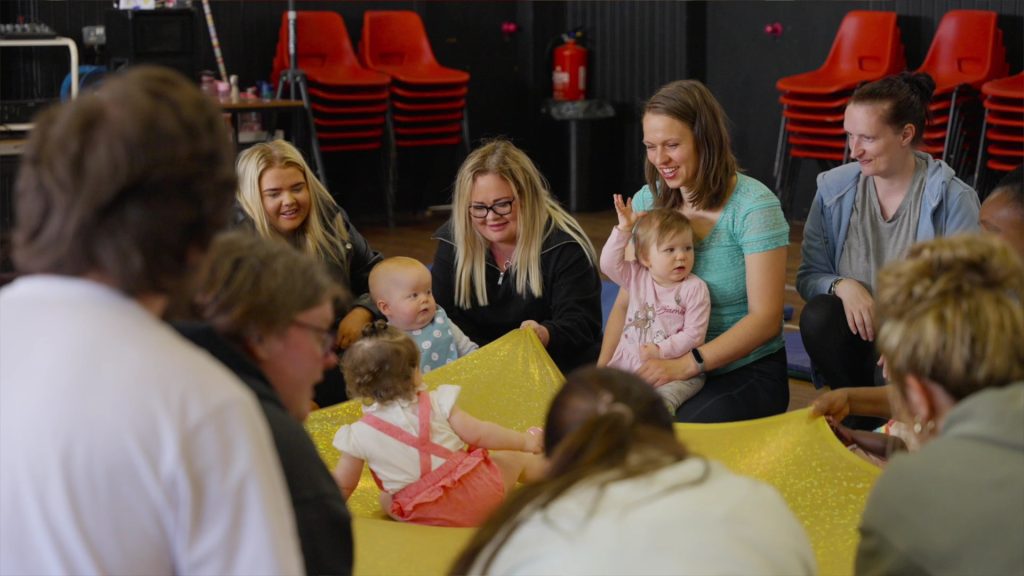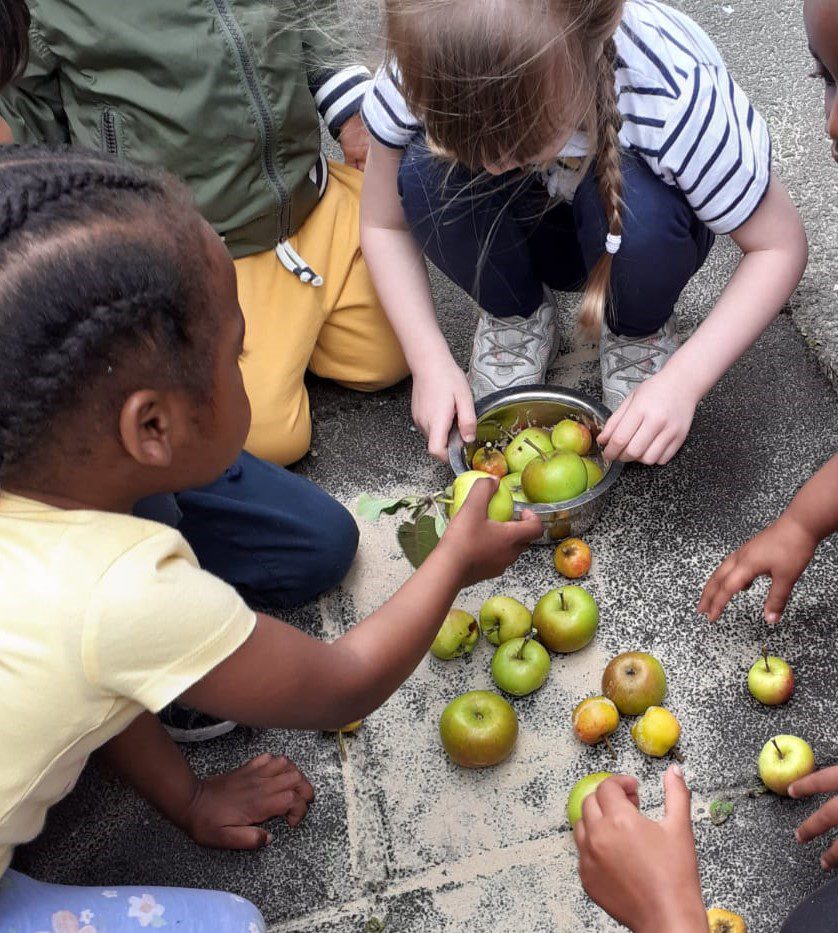15 April 2025
Culturally responsive early years care: Multi-Cultural Family Base.
William Grant Foundation

Key learnings:
- Supporting parents at key transition points helps lay stronger foundations for their child’s future wellbeing and life chances.
- Tailoring support to each family’s needs ensures that services are meaningful and accessible to all families – this requires listening and respect for diverse experiences.
- Giving future social workers and family support professionals experience in cross-cultural, anti-racist practice fosters a more inclusive, informed and effective workforce.
- Working closely across sectors and with families themselves leads to more joined-up approaches that reflect real needs.
Early support is crucial in shaping a child’s future wellbeing and life chances and parents may need some support from agencies as they experience challenges during their parenthood journey.
Cross-cultural family support
Multi-Cultural Family Base (MCFB) works across the City of Edinburgh with ethnically diverse families and is dedicated to early intervention. Their focus is on assisting children and parents during key transition periods – whether it’s pregnancy, the birth of a child, the transition to nursery or primary school, or helping families new to Edinburgh as migrants.
The Early Years Service supports families from pregnancy to when their child turns three. Understanding the importance of the early relationship between baby and parent, MCFB works closely with families, actively listens to their perspectives, and tailors its approach to meet families’ needs at times of difficulty. The dedicated antenatal service recognises that giving birth in a new country, away from family support, can be a challenging experience.
Culturally responsive care
MCFB understands the barriers faced by ethnically diverse families, including those new to the UK, and provides therapeutic support to help them navigate practical challenges, discrimination, and emotional wellbeing. Their flexible and creative approach allows them to continuously reflect and engage meaningfully with families.
“By learning from families, we’re improving not just our own practice but also the wider early years sector,” says Isabelle Mercadante, Early Years Project Leader.
Their work goes beyond delivering services – it’s about listening, learning, and adapting so that families feel heard and understood. By working collaboratively with health care professionals, statutory social workers and other professionals, MCFB offers culturally sensitive support and models being professionally curious about the life experiences of diverse families.
Supporting the future workforce
MCFB’s impact goes beyond supporting families – it also helps develop the future workforce. Each year, 25 social work students join the organisation, gaining experience working with diverse families and deepening their understanding of anti-racist and cross-cultural practices.
In this space, students learn about infant mental health – the emotional and social development of babies – and the importance of antenatal bonding in building later relationships.
“This placement changes how students think about early years,” says Isabelle. “It is often their first experience in reflecting on babies’ emotional experiences, and their relationship with their carers, through a different cultural lens. It is a foundation for their future practice and professional development.”
By equipping future practitioners with this awareness, MCFB supports them to enter the workforce with the skills to be flexible, responsive and actively anti-racist in their approach to family support.
A human rights-based approach
MCFB’s early years work is deeply preventative, focusing on long-term impact and getting alongside families to build the knowledge and confidence needed to navigate systems independently and advocate for themselves.
“We want every family to have access to all the right information during maternity care to allow them to make informed choices about birth and beyond.” says Giselle Lowe, Antenatal Project Worker.
By placing human rights at the core of the approach, MCFB empowers families to find their voice and access the support they deserve.
The power of flexible funding
MCFB continues to develop its learning and practice and the unrestricted funding we are providing through our Health and Social Causes strand is giving the team the opportunity to approach their antenatal support work in a way that responds to the real and evolving needs of families rather than rigid project plans.
“Rather than creating a service based on what we think is needed, we have the opportunity to listen to each family’s individual pregnancy experience and tailor with them the support needed.” says Giselle.
This flexibility has allowed MCFB to develop a pilot project with their local midwifery team and build a new referral pathway in creative and adaptive ways.
Learning from their approach
MCFB’s work offers valuable insights into culturally responsive early years support. By embedding preventative, reflective and rights-based approaches, the team are not just supporting families today but improving practice for future generations.
Read more about Multi-Cultural Family Base here.



